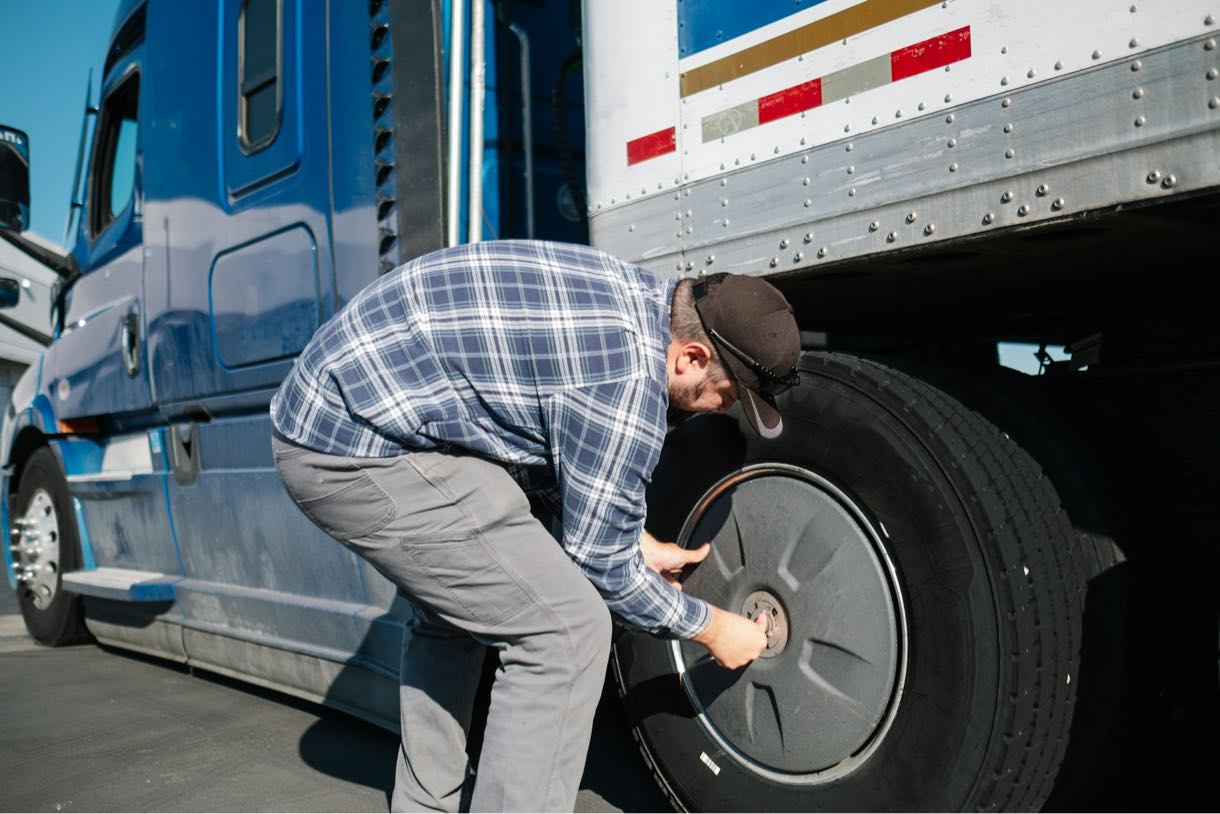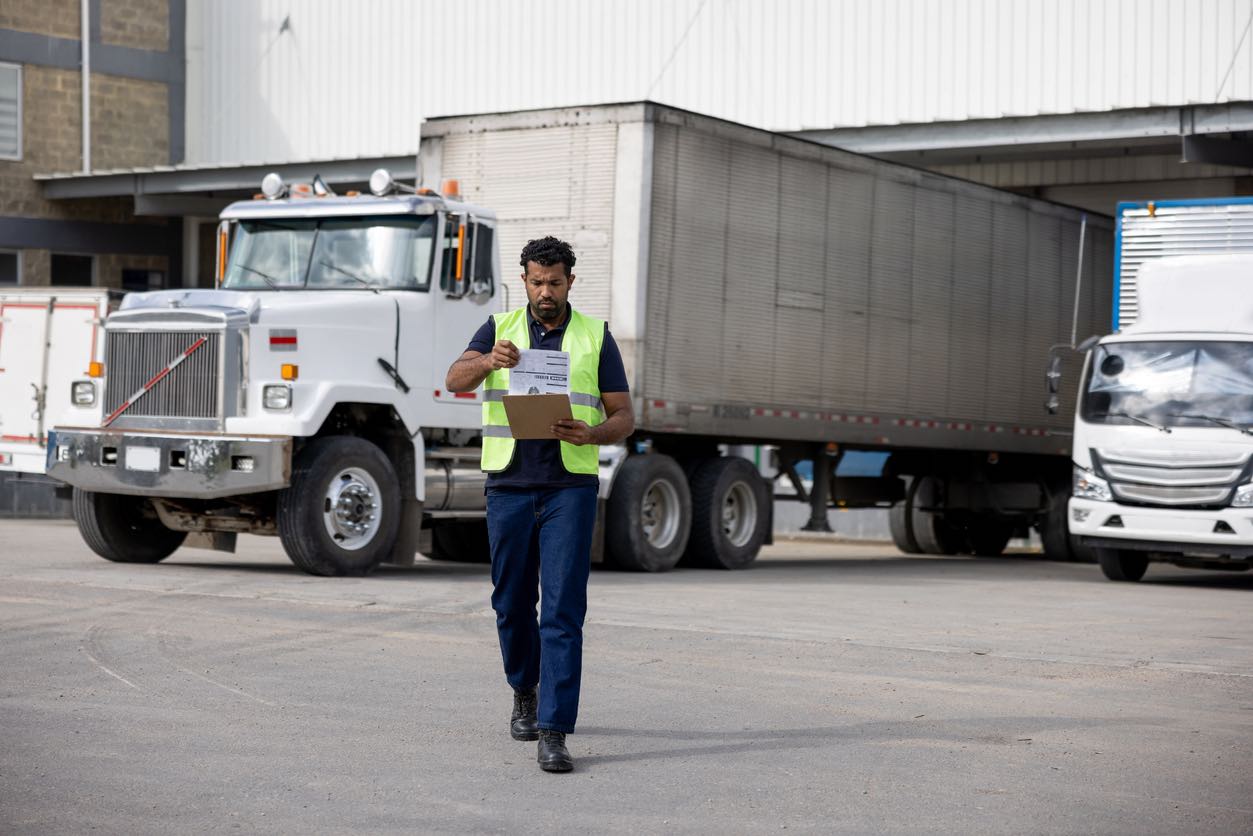The proposal made by the Federal Motor Carrier Safety Administration (FMCSA) to require speed limiters to be installed on heavy-duty trucks has sparked a significant amount of controversy in the transportation industry, which stands as the cornerstone of the economy in the United States. The complicated equilibrium that regulators and industry stakeholders aim to attain is highlighted by this sensitive subject, which is loaded with competing opinions and concerns about safety and efficiency. As we go more into the complexities of this plan, the viewpoints of significant industry players, and the possible ramifications for the future of trucking, it becomes abundantly evident that the path that lies ahead is not only about speed but also about innovation and safety.

Discussions on a proposal that has been simmering for years have been resurrected as a result of the decision made by the FMCSA to postpone the speed limitation regulation until the month of May. Electronic engine control units are going to be installed in vehicles that weigh more than 26,000 pounds and are involved in interstate commerce, according to the intent of the plan. It is believed by the Federal Motor Carrier Safety Administration (FMCSA) that the implementation of these devices will considerably improve road safety by lowering the likelihood of collisions that occur at high speeds. In spite of the delay, the agency has indicated that it is committed to reviewing the matter, which suggests that it has given thorough attention to the potential implications of the rule.
Trucks in the Limelight This plan places a significant emphasis on trucks that are fitted with an electronic engine control unit that is able to regulate the speed of the vehicle over its entire service life. This standard is directed towards a sizeable portion of the fleet that is now operating on American highways, and it has a direct impact on the manner in which these vehicles drive on interstate routes.
The Role of Technology The Federal Motor Carrier Safety Administration (FMCSA) is relying on technology to enforce the planned speed limitations, as seen by the integration of electronic engine control units. The adoption of this strategy highlights a larger trend in the trucking sector toward digital solutions that improve both safety and efficiency.

The recommendation that was made by the FMCSA has not landed in uncharted territory; rather, it has given rise to an active discussion among the many parties. A number of large motor carriers and industry associations have indicated their conditional support for the idea, highlighting the safety benefits it would provide. Nevertheless, they are waiting for further information regarding the proposed speed restriction, which suggests that the particulars of the limit might have a considerable impact on their ultimate position.
The Expressions of Worry Contrarily, small truck drivers and independent owner-operators have expressed their fear that speed limiters might compromise the safety of the roads and make it more difficult for them to run their businesses. This division is a reflection of the many operating sizes that exist within the industry, where the things that are beneficial to one may be problematic for another.
A Synergy Between Safety and Policy A nuanced approach is advocated by the American Trucking Associations (ATA), which supports the use of speed limiters in conjunction with other safety technology like as adaptive cruise control and automated emergency braking. According to this point of view, the most effective and efficient outcomes in terms of safety and efficiency might be achieved through the implementation of a holistic strategy that combines regulatory measures with cutting-edge technology.

The potential safety benefits of combining speed limiters with other technology breakthroughs are becoming increasingly prominent as talks on speed limiters continue to unfold. For the purpose of making roads safer, the Federal Motor Carrier Safety Administration (FMCSA) and the National Highway Traffic Safety Administration (NHTSA) have collaborated on attempts to standardize the performance of equipment, notably with relation to automated emergency braking systems.
Bringing Together Technology and Safety The use of speed limiters with other safety technology, like as automated emergency braking and adaptive cruise control, is an example of a strategic approach to the issue of road safety. The fact that this combination has the potential to lessen the severity of collisions as well as the frequency of collisions presents a persuasive argument in favor of the proposal’s implementation.
The Evaluation of Effectiveness It is important to give serious attention to the implications that the FMCSA’s plan may have for the operational efficiency of the trucking industry, despite the fact that safety is the primary focus of the proposal. For regulators and industry stakeholders alike, striking a balance between protecting safety and sustaining the flow of commerce is a challenge that is not only difficult but also necessary.

The path that leads to the installation of speed limiters on heavy-duty vehicles is paved with regulatory procedures, talks with the industry, and a watchful eye on technical advancements. The trucking sector is still at a crossroads, considering the future of safety, efficiency, and regulation on the highways of the United States of America, as the Federal Motor Carrier Safety Administration (FMCSA) continues to interact with stakeholders and revise its plan.
Continuous Consultations and the Formulation of Regulations A collaborative approach to regulation is shown in the commitment of the Federal Motor Carrier Safety Administration (FMCSA) to maintain continuing conversation with the National Highway Traffic Safety Administration (NHTSA) and industry partners. In the process of formulating rules that have an effect on a significant part of the economy of the United States, this procedure highlights how important it is to take into account a variety of views as well as the most recent technical advancements.
Implications for the Transportation Industry The trucking industry is likely to face major repercussions as a result of the probable implementation of speed limiters. These effects are expected to include revisions to operating procedures as well as investments in new technology. The way in which the industry reacts to these shifts will most likely determine the course of its evolution and the role it plays in ensuring that transportation across the country is both safe and efficient.
Final Thoughts
The proposal made by the Federal Motor Carrier Safety Administration (FMCSA) to mandate the installation of speed limiters on heavy-duty trucks is a significant event in the junction of safety legislation and technical innovation within the trucking sector in the United States. Despite the fact that the plan has been met with both support and criticism, the ongoing talks have brought to light a concerted effort to improve road safety without compromising the efficiency that is essential to the economy. The conclusion of this regulatory procedure will probably have long-lasting ramifications for the manner in which commodities are moved throughout the country as the industry works to negotiate these changes.

Within the freight and vehicle shipping industry, Ship A Car, Inc. is a shining example of dependability and compliance amid regulatory changes and industry discussions. Ship A Car, Inc. is a company that demonstrates the highest levels of safety and regulatory compliance. It is licensed by the FMCSA and DOT and has an A+ rating from the BBB. Our steadfast dedication to adhering to all national, state, and local laws guarantees that we offer our customers the most comprehensive shipping services available. Selecting Ship A Car, Inc. means choosing a partner committed to excellence in service, efficiency, and safety. To talk with an experienced transport consultant who can help with your shipping needs, give (866) 821-4555 a call right now. SAC are standing by and can assist you whether you need to ship a car or transport specialized freight.
Q: What are speed limiters and why are they being proposed?
A: The purpose of speed limiters is to limit the fastest speed at which a vehicle may go. Safety statistics and technology developments support its planned usage in heavy-duty vehicles, which seeks to improve road safety by lowering the likelihood and severity of high-speed crashes.
Q: Which trucks would be affected by the speed limiter rule?
A: The proposed regulation applies to vehicles having an electronic engine control unit that weigh more than 26,000 pounds and are used in interstate commerce. This encompasses a substantial segment of the commercial vehicle fleet that functions throughout the United States.
Q: How does Ship A Car, Inc. ensure compliance with transportation regulations?
A: By closely adhering to FMCSA and DOT standards, utilizing cutting-edge safety technology, and upholding an A+ rating from the BBB, Ship A Car, Inc. maintains compliance. Our commitment to safety standards and adherence to regulations establishes us as a reliable partner in the maritime sector.




